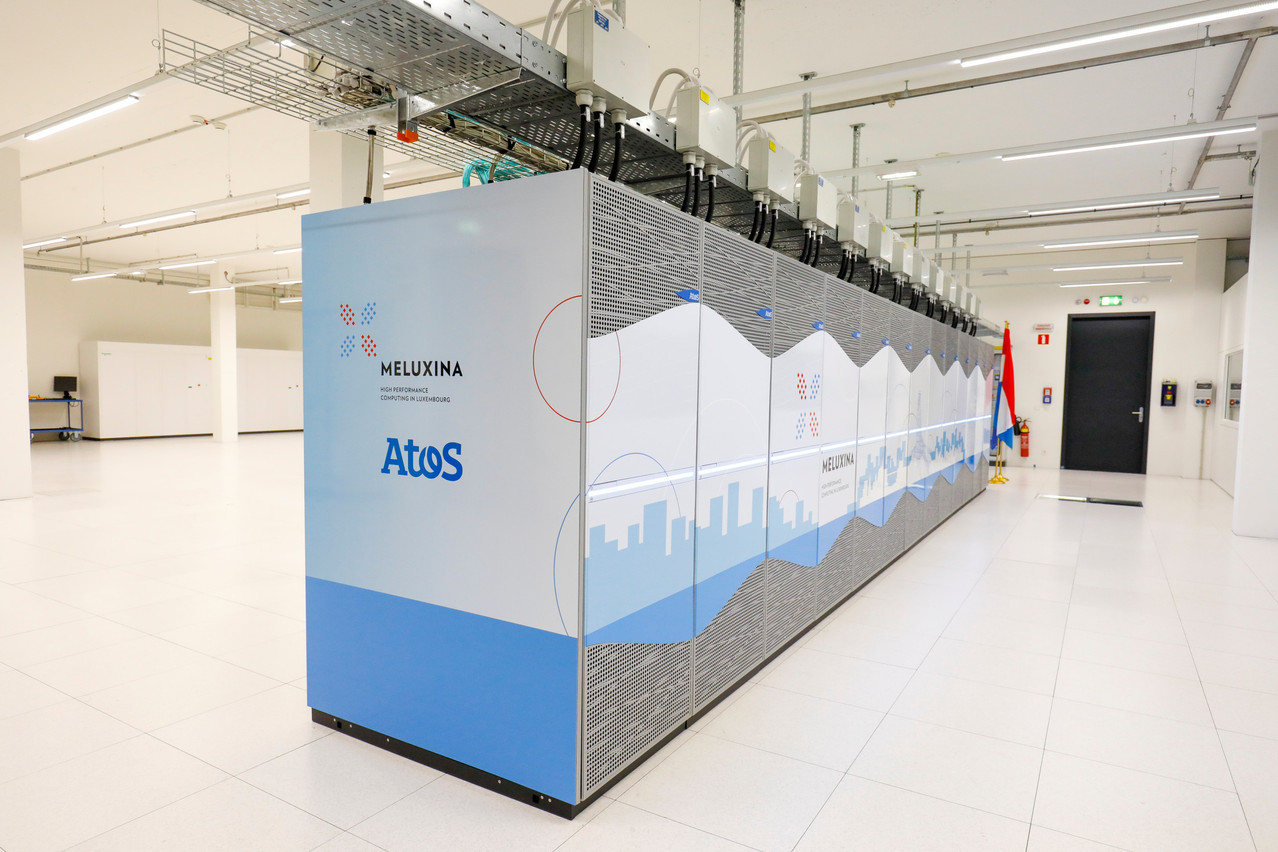The funding opportunity aims to stimulate collaborative research and development projects in manufacturing, advanced engineering, materials, energy and environmental technology, and telecommunications through public-private partnerships with companies that to rely on support from a public research institute.
For the first edition, the funding call mainly targets “private stakeholders with substantial expertise in the field of computer-aided R&D, big data analytics or training of artificial intelligence (AI) algorithms, but with little or no expertise in the use of HPC infrastructures,” a statement reads.
Read also
“HPC is used quite rarely in the private sector, often due to a lack of necessary expertise to scale numerical simulations or perform big data analyses on large computing systems,” the ministry said about the call for projects.
The Luxembourg government co-owns the Meluxina supercomputer in Bissen, part of an EU network of high-performance machines. The EU is entitled to 35% of the computer’s capacity while the grand duchy can distribute the remaining share, for example by commercially selling it or providing funding for access.
Industrial research projects in HPC application fields like complex simulations with multiple parameters, virtual testing and optimisation, big data analytics and visualisation of millions of data points, as well as AI and machine learning algorithms are in the government’s line of sight.
“The goal is to create a general awareness of the use of simulation and modeling tools and techniques in companies’ R&D activities and to support a sustainable evolution towards an ecosystem of HPC use,” the ministry said.
Last year, the government had launched a similar opportunity,
The cost of the funding will be covered by the FNR for eligible research organisations in Luxembourg, for up to €400,000 per project. For companies, the ministry of economy will co-finance any project-related costs for up to €700,000 per projects. The size of the company will influence the proportion paid out by the ministry, with small companies getting 80%, medium companies 75% and large companies 65%.
Phase 1 of the selection process will start on 15 September. Projects should be designed to take between 24 and 36 months.
